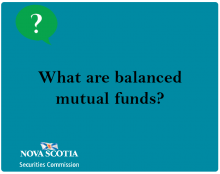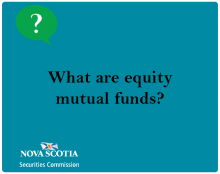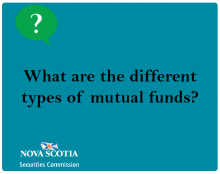Question of the Week: What are fund-of-funds mutual funds?
Submitted by nsscadmin on
In the latest part of our series looking at different types of mutual funds we look at fund-of-funds. Simply put, these types of mutual funds invest in other mutual funds or hedge funds. An investor investing in fund-of-funds is trying to build a broadly diverse portfolio and spread out asset allocation by investing in a variety of funds types in one.











